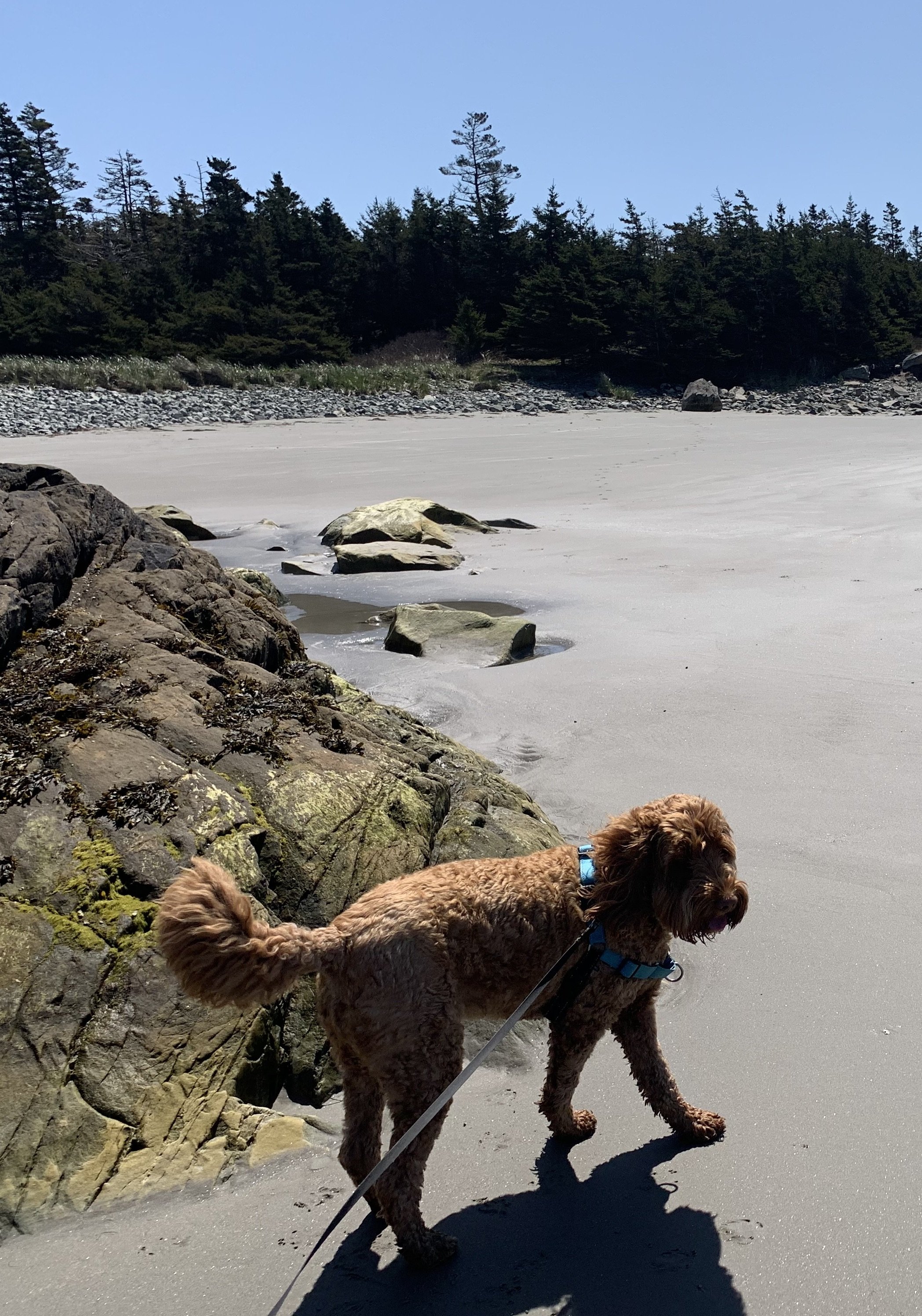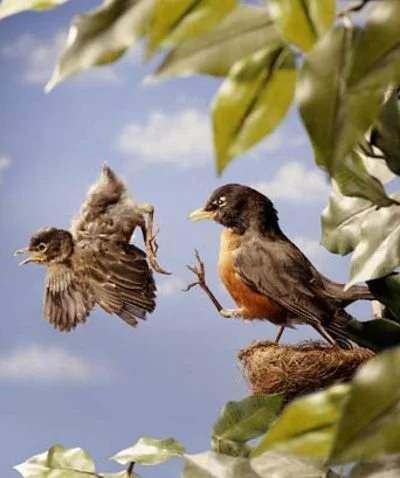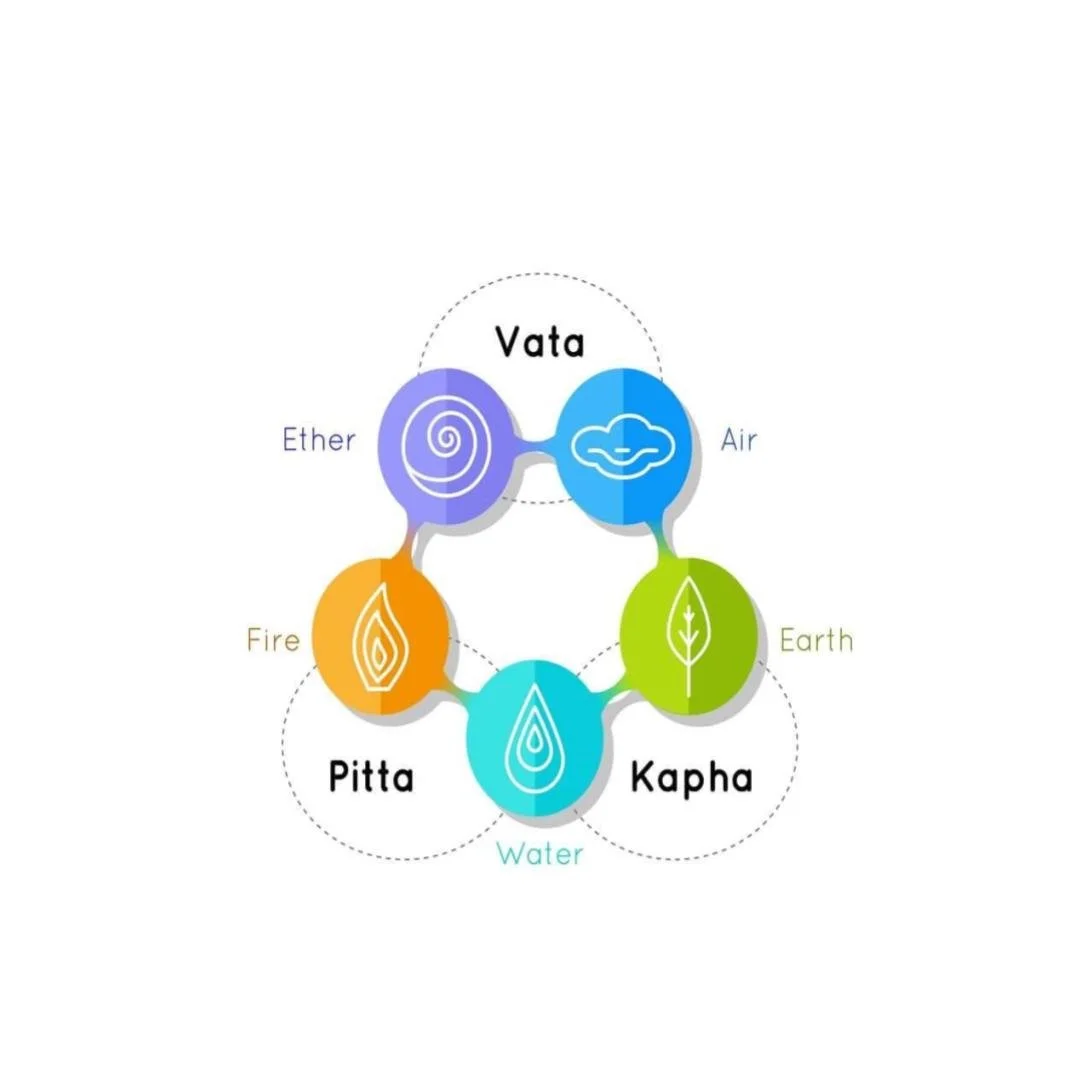Armor up!
Our trauma history has taught us that vulnerability is dangerous.
In the face of violence and oppression, our soft front can be a liability. We struggle to find a place emotionally and physically safe enough to be vulnerable.
Our armor is keeping us from growing and being authentically ourselves. Vulnerability involves uncertainty, risk, and emotional exposure.
Strong Back Decision Making
I can tolerate disappointing people
What happened in your body as you read these words? I felt a heaviness in my chest. I took a deep in breath and a long exhale and softened my neck and shoulders.
Two months ago I made a big decision. I had been thinking about it for awhile.
Strong back, soft front, wild heart
We can spend our entire live betraying ourself and choosing fitting in over standing alone. But once we’ve stood up for ourself and our beliefs, the bar is higher. A wild heart fights fitting in and grieves betrayal.” Brené Brown
Our Unwanted Parts
I find this to be an ongoing process and sometimes a lot of memories and judgements come up. We feel grief and regret for what we did and didn’t do in the past and for what we’ve lost. This takes time to process and to feel. Kindness and compassion are the only antidote to shame. We need to welcome ourselves back into our own open heart.
Practicing Peace
If we learn to open our hearts, anyone, including the people who drive us crazy, can be our teacher. We can use our difficulties and problems to awaken our hearts.”
When we feel threatened and go into a survival response, we strike out for protection. We don’t actually want to make it worse, but this is a hard pattern to avoid.
Pema has a suggestion. “We wonder how other people are doing and reflect on how our actions affect other people’s hearts.”
I am a Sadhaka
“Interrupting our destructive habits and awakening our heart is the work of a lifetime. Sometimes when things fall apart, that’s the big opportunity to change.” Pema Chodron
Thrown Out of the Nest
“To be fully alive, fully human, and completely awake, is to be continually thrown out of the nest.” Pema Chodron
When you are reading signals of danger, pause - who and what is alarming you?
Is there a clear and present danger and do you need to take action? If not, resist the urge to go into fight/flight/freeze and stay with it to inquire.
Ayurveda and the Mind
Our way of life breeds unhappiness. Ayurveda teaches harmony with nature and how to live in a state of balance. This requires changing how we live, think and perceive.
As we learn to use the mind like a tool, we stop being dominated by impulses & conditioning. We are able to go beyond the mind into the stillness of Consciousness itself.
Balancing Our Doshas
I’ve organized this step of understanding and applying Ayurvedic principles specific to balancing our doshas into three areas: pranayama, abhyanga (self-massage), and nutrition. You might be inspired to try one thing from each area or focus on one for awhile to see what happens.
Ayurvedic Constitution: 3 Doshas
The doshas are a fundamental concept in Ayurveda, an ancient system of medicine from India. According to Ayurveda, the human body is composed of three primary doshas, or energies, which are responsible for different functions in the body. Your prakriti is what is most consistent over time and your vikriti relates to the present state in your constitution.
Low Vigilance Relationships
We trust them and they are reliably (not perfectly) well-regulated.
We don’t feel dread when we think about them or prepare to see them.
We have an ongoing consistent experience of kindness, respect, and authentic engagement.
We can relax knowing they will not be contemptuous or gaslight us.
There is a mutuality of interest in conversations and wanting to know each other.
We are on our own side and on their side - we are not competing with each other.
We are delighted when they experience good fortune.
“Safe enough” means we can be ourselves, relax, and have fun together.
Minimizing and Dismissing Trauma
Why do we minimize our own trauma?
We compare and see our trauma as less than other people’s
Why do we compare and try to one-up other people’s trauma?
We don’t want to believe it could happen to us so we blame them
Why do other people dismiss us?
Easing Fear and Dread
Don’t be silly. You’re exaggerating. It won’t happen to you. We protest. You don’t know that. Bad things happen all the time!
Our predictive brain, with its negativity bias, tries to apply what it knows to other situations. If this bad thing could happen in this situation then ...
Driving Anxiety
Are you anxious or terrified while driving? Have you stopped driving because it feels unsafe?
Fears and beliefs arise from our direct and indirect experiences. There are many ways to support ourselves in healing driving anxiety.
We can explore the exact thoughts and feelings causing the anxiety, and calm ourselves enough to safely drive again.
Social Anxiety
Our culture is fond of phrases like Just Do It! When we’re dealing with social anxiety and other types of fear, this is counter productive and shaming.
Our nervous system predicts safety and danger and generates survival responses based on our experience. We can hold ourselves with patience and kindness and also take steps to heal.
Fawning, People Pleasing
A fawning response is a submissive and excessively flattering reply or reaction to someone in a position of authority or perceived higher status. It can be seen as insincere or overly deferential, and may be used as a way to seek favor or avoid criticism. Fawning responses include flattery, compliments, or excessive agreement with the other person's opinions or actions.
I’m Outta Here!
We need direct experiences that it is okay to be present to our lives and our feelings. This is what updates our previous conditioning that it is not safe to be here.
Escape or flight takes many forms. We may be addicted to food, alcohol and other drugs. Perhaps we get relief using shopping, gambling or overwork. Addiction is a common trauma response and is rampant in our society because it is so effective in helping us escape.
Polyvagal Ladder: Fight
Someone who is emotionally flooded into a fight response can be scary to be around. Lashing out verbally or physically triggers fear in others. We walk on eggshells to not set them off.
The brain likes electrical stimulation and feeds on anger like kindling. Instead of feeling overwhelmed and scared, someone in a fight response feels like they are taking action and protecting themselves.
Up the Polyvagal Ladder
We all move up and down the polyvagal ladder, and we usually have a go-to response based on childhood conditioning. Our nervous system assesses threat and the best option for survival, sending us into one of these protective strategies. Each form of protection has advantages and disadvantages.
Freeze can look like numb, disconnected, and hunkered down for safety. Freeze takes the edge off of painful, overwhelming experiences. We might hold our breath to avoid notice. We disconnect from others. It’s safer “in here”.
Can I Afford To Feel This?
Love and compassion. Betrayal and rage. Grief and loss. Our heart has the capacity for extremes of emotion. We feel so deeply.
Our heart has its own knowing. Like our gut instinct, what the heart knows is somatic or body wisdom. Thoughts and how we interpret our experiences influence feelings. Whether we are open hearted and trusting, or protecting ourselves from being hurt, our history impacts how we feel in the present.





















